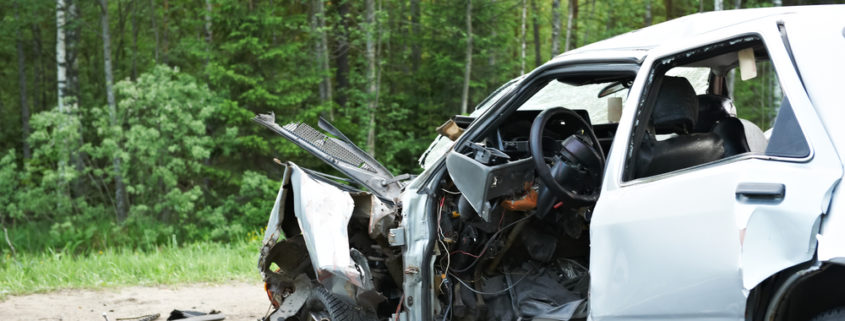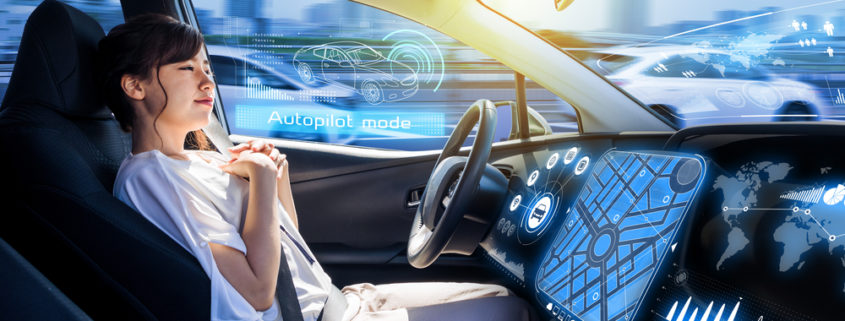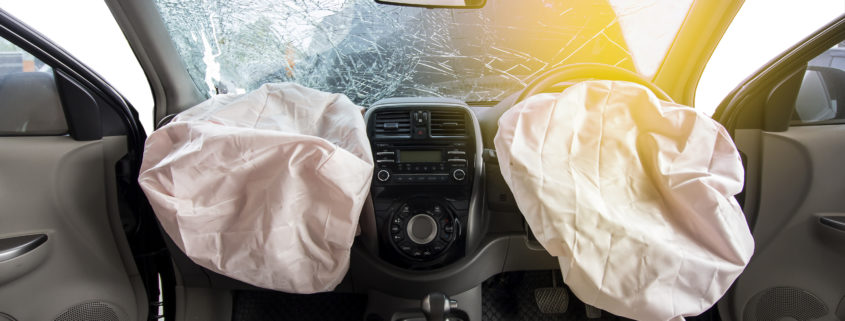Medical Errors Can Lead to Medical Malpractice
A few months ago the AZ Daily Star reported that Banner University Medical Center’s conversion to a new computer system came with a cost to patient care and had resulted in numerous instances of medical errors. The Star cited an investigation by the Arizona Department of Health Services, the state licensing arm that licenses medical facilities and other medical providers, that found at least two substantiated allegations that included the delivery of medications and care for critically ill patients. Although the hospital denied the errors resulted in negative outcomes for patients, the unfortunate reality is that vulnerable patients are the ones at highest risk of medical malpractice in hospital settings.
Patients who have experienced an adverse outcome following a medical procedure or surgery often wonder if their experience rises to the level of medical malpractice, and if they have legal recourse against the doctor, nurse, or medical facility where the incident took place.
What is Medical Malpractice
According the Board of American Liability Attorneys, medical malpractice occurs when a hospital, doctor, or other health care professional, through a negligent act or omission, causes an injury to a patient. The negligence might be the result of errors in diagnosis, treatment, aftercare, or health management.
Medicare “Never Events”
Medicare also weighs in on medical malpractice by providing a list a “Never Events,” which are conditions that may happen in a hospital that are so severe that Medicare will not pay for the additional cost of treating for the event. The “Never Events” list includes:
Pressure ulcer stages III and IV;
Falls and trauma;
Surgical site infection after bariatric surgery for obesity, certain orthopedic procedures, and bypass surgery (mediastinitis);
Vascular-catheter associated infection;
Administration of incompatible blood;
Air embolism;
Foreign object unintentionally retained after surgery.
Do I have a Medical Malpractice Claim?
When a medical malpractice attorney evaluates a medical malpractice claim, the initial screening will try to determine whether the medical harm was due to negligence, and assess the impact of the medical error to the patient. If there was negligence and the patient was inconvenienced for a period of time but was able to make a full recovery, it’s unlikely a medical malpractice attorney would accept such a case because the damages would not justify the cost of the claim.
However, if the attorney learns during the screening process that there was negligence on the part of the physician or other medical provider and the harm to the patient was catastrophic or resulted in death, the attorney may accept the case and begin the investigation process.
Every case involving medical error is different, as is the level of harm. The attorneys at Hollingsworth Kelly encourage patients or patient advocates to contact our office for a free evaluation if they believe their unsatisfactory experience with a medical provider rises to the level of medical malpractice.






